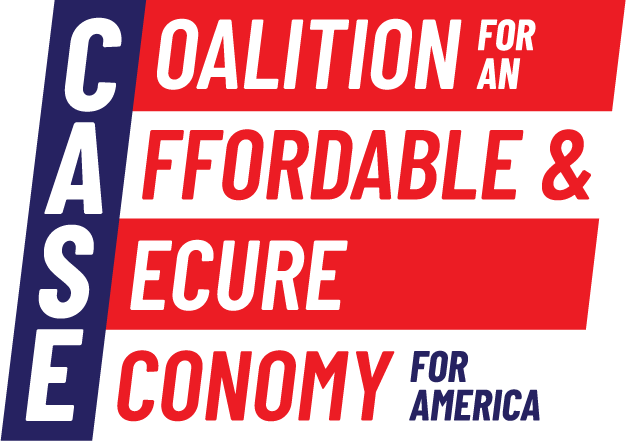U.S. trade policy plays a significant role in the cost of everyday goods – everything from groceries to clothing to electronics. With universal tariffs on the table, the question on the minds of American families is: How will this impact my wallet?
It’s a legitimate question, as these complex – and often nebulous – policies can create uncertainty regarding the ability of Americans to provide for themselves and their families. After years of growing inflation, consumers are still struggling to afford the cost of basic household goods. Nearly two-thirds of Americans believe tariffs will lead to higher prices on food, electronics and other goods.
Prices on goods American families buy every day, from groceries to gas, continue to rise. Overall prices rose 3% in January 2025 – the fastest pace in nearly one and a half years. The increasing cost of living for American families underscores the urgency for the White House and Congress to prioritize and enact pro-growth policies that increase affordability.
A common assumption around broad tariffs is that substantial price increases could be avoided, with foreign countries and their companies bearing the brunt. The truth is a tariff is a tax paid by the U.S. importer, not a foreign country or the exporter. This tax ultimately gets passed on to consumers through higher prices, making it harder for families to afford basic goods.
Simply stated, U.S. trade policy has outsized effects on the average household. According to the Peterson Institute, across-the-board tariff proposals could cost the typical American household $2,600 per year.
In the 2024 election, Americans voted with their wallets – and they’re counting on the Trump Administration and Congress to enact policies that protect their pocketbooks.
According to a poll from the Associated Press-NORC Center for Public Affairs Research, 40% of respondents identified employment and the economy as the most important issues facing the country, and 60% of those respondents cast their ballot for President Trump. Our leaders must prioritize targeted trade policies that protect key industries – not broad tariffs that hurt American families and their wallets. Americans are counting on leaders in Washington, D.C. to deliver on their promises to grow our economy and lower costs.

